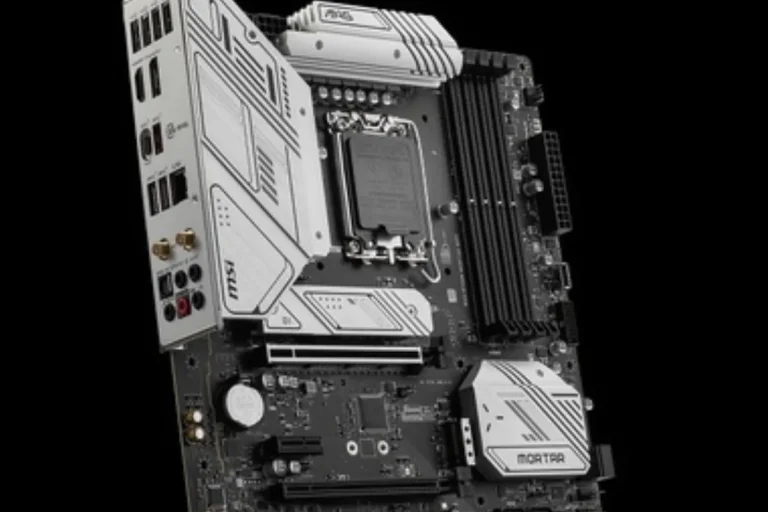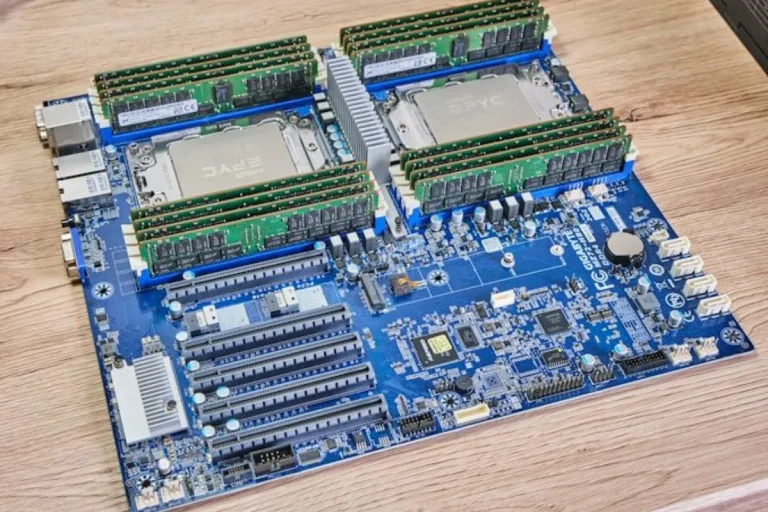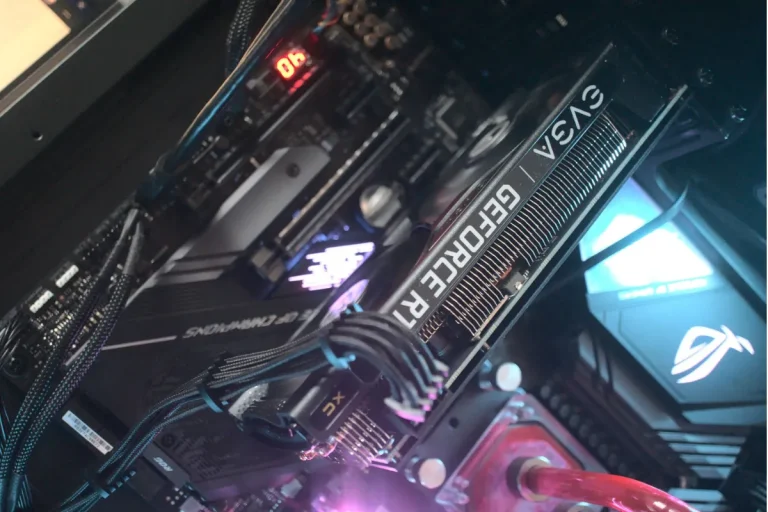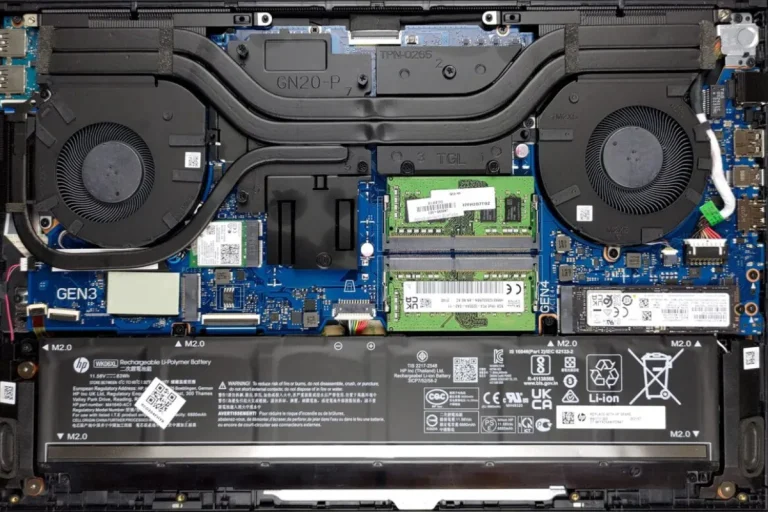Is replacing my laptop motherboard worth it?
If you’ve been facing issues with your laptop, like random crashes or a dead screen, the culprit might be your motherboard. But before you rush into a decision, it’s essential to weigh the pros and cons. In this guide, we’ll explore whether replacing your laptop motherboard is truly worth it.
Factors to Consider Before Replacing a Laptop Motherboard
Thinking about replacing your laptop motherboard? Before you make a decision, there are several crucial factors to consider. From cost to compatibility.
Cost
Replacing a laptop motherboard can be expensive. It’s essential to analyze the cost of replacement versus purchasing a new laptop altogether. Consider the overall value and lifespan of your current laptop, as well as your budgetary constraints.
Age of Laptop
The age of your laptop plays a significant role in the decision-making process. If your laptop is relatively old, investing in a new motherboard might not be the most cost-effective solution. Newer laptops often come with improved technology and performance, making them a more attractive option.
Warranty and Repair Options
Before opting for a motherboard replacement, check if your laptop is still under warranty. If it is, you may be eligible for a free or discounted repair. Additionally, explore the repair services available in your area. Sometimes, a professional repair might be a more viable and affordable option.
Compatibility
Compatibility is crucial when replacing a motherboard. Ensure that the replacement motherboard is compatible with your laptop model, including the correct form factor, socket type, and chipset. Failing to choose a compatible motherboard can lead to further issues and unnecessary expenses.
Benefits of Replacing a Laptop Motherboard
Considering whether to replace your laptop motherboard? Replacing the motherboard can bring several benefits that might make it a worthwhile investment.
Extended Lifespan
By replacing the motherboard, you can extend the lifespan of your laptop. The motherboard is like the central nervous system of your device, and a new one can provide a fresh start. It can help resolve existing issues and prevent further hardware-related problems, allowing your laptop to function optimally for a longer period.
Cost-Effective Solution
Replacing the motherboard can often be a more cost-effective solution compared to purchasing a brand-new laptop. If the other components of your laptop, such as the display, keyboard, and storage, are still in good condition, a motherboard replacement can save you money while giving your laptop a new lease on life.
Potential Performance Improvements
A new motherboard can offer potential performance improvements. Modern motherboards often come with advanced features, improved connectivity options, and better compatibility with the latest hardware components. Upgrading to a new motherboard can enhance your laptop’s performance, allowing it to handle more demanding tasks and applications.
Risks and Challenges

Thinking about replacing your laptop motherboard? While it can bring benefits, there are also risks and challenges to be aware of.
Damaging Other Components
One of the primary risks associated with replacing a laptop motherboard is the possibility of damaging other components during the process. The intricate nature of laptops means that disassembling and reassembling them requires precision and care. Accidental mishandling or incorrect installation can lead to damage to the display, keyboard, or other vital components.
Compatibility Issues
Another challenge is ensuring compatibility between the replacement motherboard and your laptop model. Different laptops have varying specifications and form factors, and selecting an incompatible motherboard can result in functional issues or complete incompatibility. It’s crucial to research and choose a motherboard that matches your laptop’s specific requirements.
Data Loss
Replacing the motherboard may involve disconnecting and reconnecting storage devices, such as hard drives or solid-state drives. In some cases, this can lead to data loss if not handled properly. It’s essential to back up your data before attempting any motherboard replacement to avoid the risk of losing important files or documents.
Technical Expertise
Successfully replacing a laptop motherboard requires a certain level of technical expertise. If you’re not familiar with laptop hardware or lack experience in handling delicate electronics, it’s advisable to seek professional help. Improper installation can result in irreparable damage to your laptop and may void any existing warranties.
Frequently asked questions
1. What are the advantages of hiring a professional technician for laptop replacement?
Hiring a professional technician ensures expertise and experience in handling delicate electronics, reducing the risk of damage to your laptop and its components. They can also provide warranty coverage and guarantee their workmanship.
2. Why should I consider a DIY replacement instead of hiring a professional?
DIY replacement can be cost-effective, especially if you have the necessary technical skills and experience. It also gives you the flexibility to work on your own schedule and allows you to learn more about laptop hardware.
3. What are the disadvantages of attempting a DIY replacement?
One major disadvantage is the lack of technical expertise and experience, which increases the risk of damaging your laptop or voiding any existing warranties. DIY replacements also require research and may involve more time and effort.
4. How important is technical expertise in ensuring a successful replacement?
Technical expertise is crucial for a successful replacement. Laptop hardware is intricate, and precision is necessary to avoid damaging other components. Without the right skills, there’s a higher chance of errors or complications during the replacement process.
5. Can I rely on online tutorials and guides for a DIY replacement?
Online tutorials and guides can be helpful, but they may not cover all the specific details of your laptop model.
Conclusion
In conclusion, determining whether replacing your laptop motherboard is worth it depends on various factors. Consider the cost, age of the laptop, availability of compatible parts, and your technical expertise. If your laptop is relatively new and the cost is reasonable, it may be worth exploring. However, for older laptops or if the cost is prohibitive, it might be more practical to consider alternative options such as upgrading specific components.




